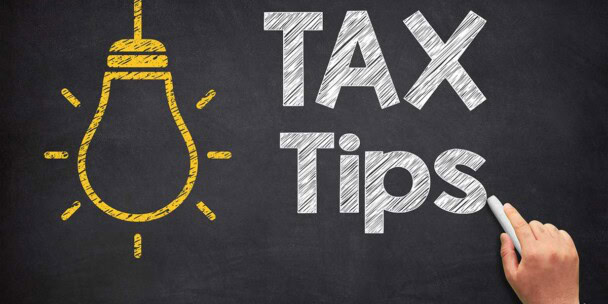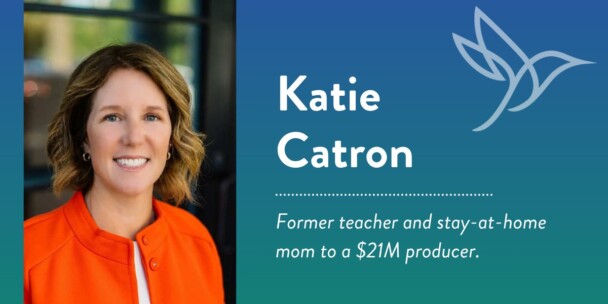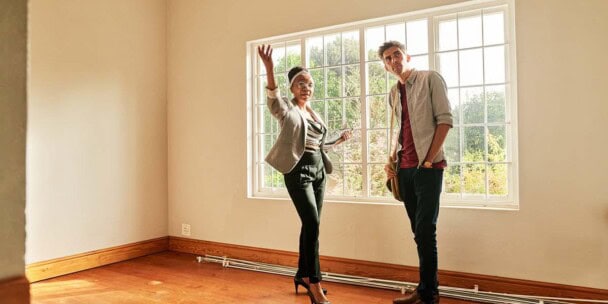Colibri Real Estate Career Hub
Grow your appraisal and real estate career with tips, trends and other insights.
Featured
Keep up on the Latest Industry Trends and Best Practices for Real Estate Professionals
-
30 Best Paying Jobs in Real Estate
If you’ve ever considered a career that offers flexibility, high earning potential, and the chance to make a…
-
Is It Hard to Be a Real Estate Agent? What are the Pros and Cons of Real Estate? 10 Reasons Why Real Estate is a Good Career
Starting a career in real estate can feel like stepping into uncharted territory. With flexible schedules, unlimited earning…
Real Estate News
The latest real estate news, advancements and market information.
-

Colibri Real Estate Student, Ambre Theroux, Named Finalist for Real Estate Rookie of the Year Program
Ambre Theroux closed 15 transactions in her first year as a real estate agent, ranking in the top…
-

CE Doesn’t Have to Be a Waste: Debunking Common Myths About Real Estate CE (and How Membership Changes the Game)
Most agents view continuing education (CE) the same way they view going to the DMV. It’s something you…
-

Agent Tax Talk, Decoded: What You Missed (and Why You Need the Replay)
Missed our July 10 webinar with CPA and tax whisperer Tim Gearty? We’ve got you! Here are the…
-

What’s in Katie Catron’s Real Estate ‘Bag of Tricks’ (and How It Helped Her Sell $38M)
It’s not every day you hear about a real estate agent who carries a garden hose in her…
Real Estate Career
Find information to help you advance your real estate career and gain new skills.
-

How Much Commission Do Real Estate Agents Make in Oklahoma?
Average real estate commission rates in Oklahoma currently stand at 5.63%, according to data gathered by FastExpert. While…
-

How Much Commission Do Real Estate Agents Make in Alabama?
Alabama real estate commission rates are around 5.52%, according to a survey conducted by FastExpert. With the national…
-

How Much Do Real Estate Agents Make in South Carolina?
South Carolina real estate commission rates are around 5.94%, according to a survey conducted by FastExpert. This is…
-

How Much Do Real Estate Agents Make in Idaho?
Idaho real estate commission rates average 5.69%, according to 2025 data gathered by FastExpert. (The national average real estate…
Real Estate Tips
Practical guidance on what it takes to become a real estate agent.
-

Creating a Successful Real Estate Business Plan (That Actually Matches Your Life)
Most real estate business plans fail before the ink is even dry. Why? because they are often built on wishful thinking rather…
-

Why Your Mindset Matters More Than Your Market: Take the Quiz That Shows You Why
You’ve set up your customer database, you’ve mastered the latest lead gen tool, and your social media game is strong. So…
-

Expand Your Business: Why More Agents Are Adding Property Management to Their Skillset
In an unpredictable real estate market, standing still is not an option. For agents who want to build…
-

From Corporate Layoff to Community Leader: How Schultz Built His Business from the Ground Up
Laid off and feeling lost? Wondering if there’s more to your career than the 9-to-5 grind? You’re not…

